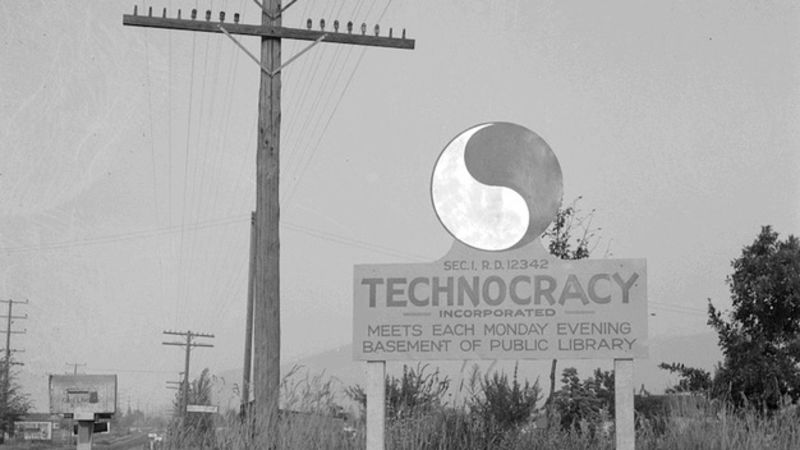
ROTHENBURGER: Wouldn’t it be nice if politicians knew what they were doing?
POLITICIANS HAVE BEEN GETTING NEW JOBS from their bosses lately. MLA Peter Milobar is now the labour critic for the BC Liberals. He has no background in labour relations; his vocation is small-business owner.
MP Cathy McLeod has been appointed as shadow minister for Crown-Indigenous relations by the new Conservative leader Erin O’Toole. Although she’s been in that role previously, she has no expertise in it other than what she’s learned on the job. Prior to politics, she was a nurse.
I mention these things in that context because the earlier appointment of Chrystia Freeland as federal finance minister was greeted with a lot of “what does she know about finance?” comments.
The armchair critics wasted no time in questioning her credentials. Despite her impressive resume, which includes a BA, an MA and a Rhodes scholarship and fluency in several languages, they dismiss her as a former journalist (she worked for the Globe and Mail, The Economist and the Financial Times, among others).


